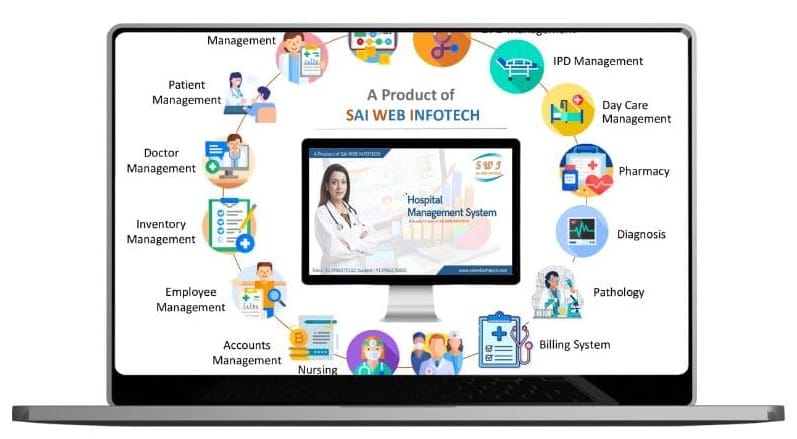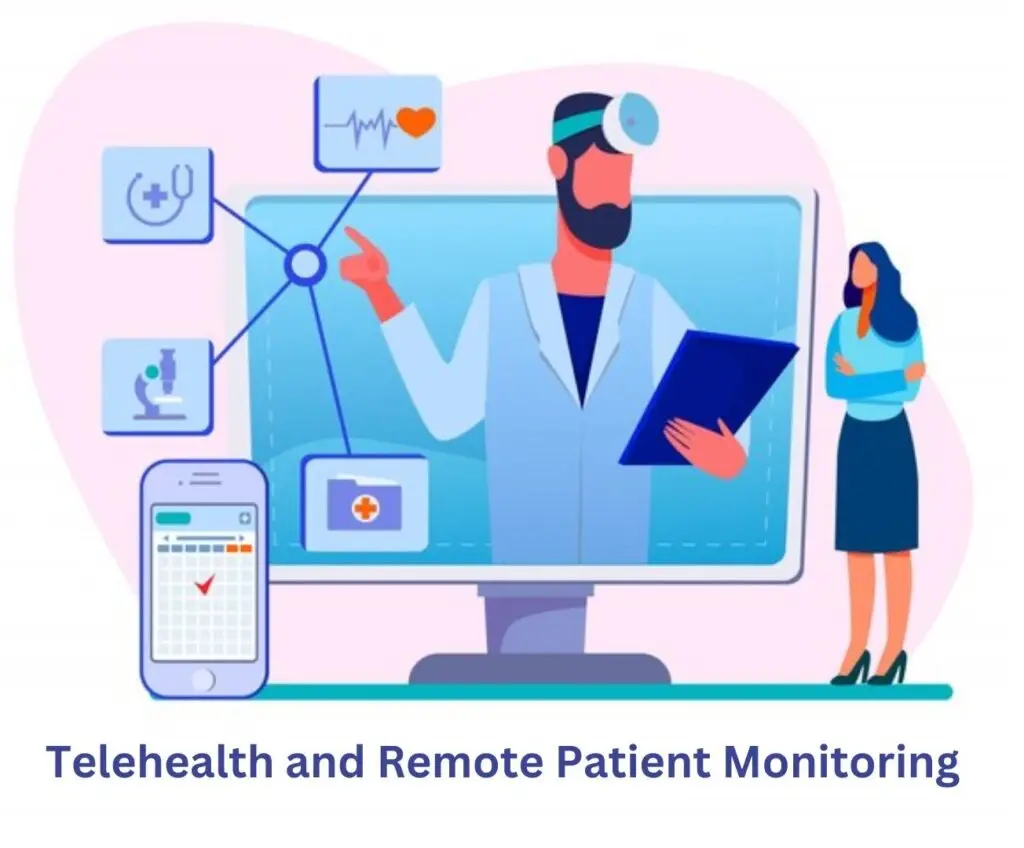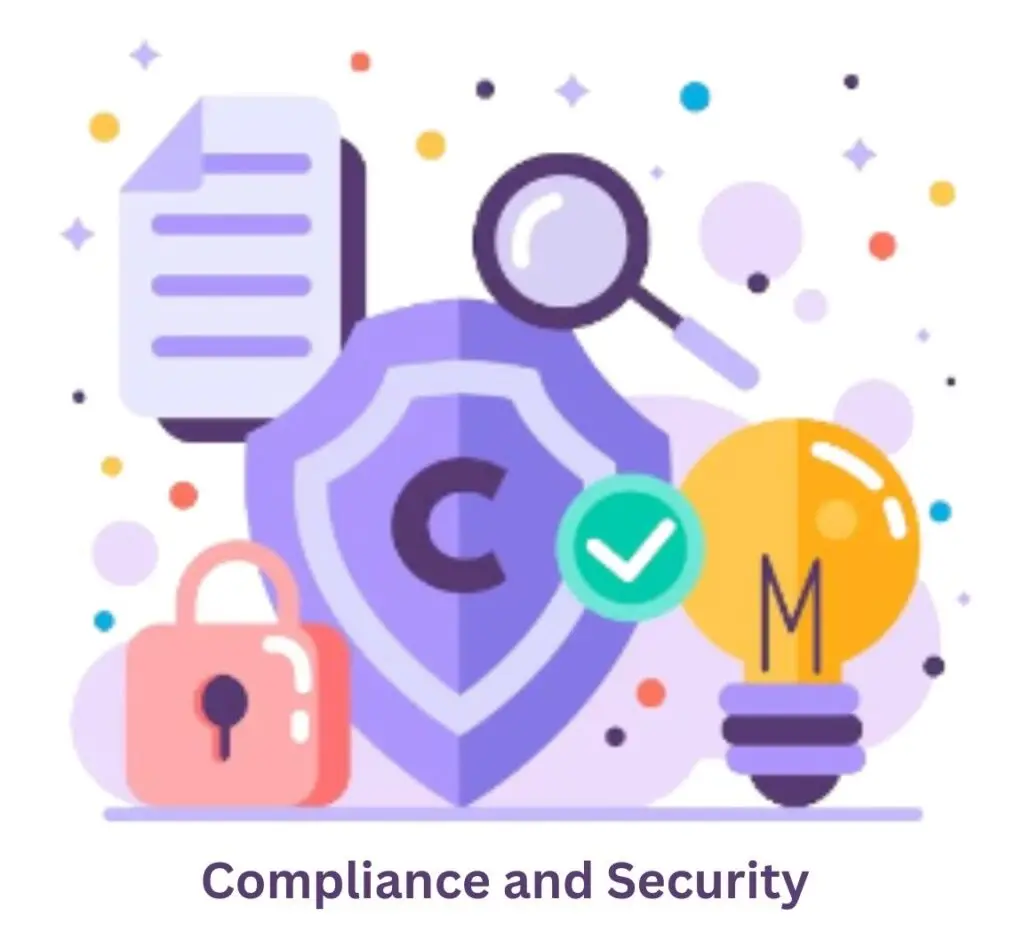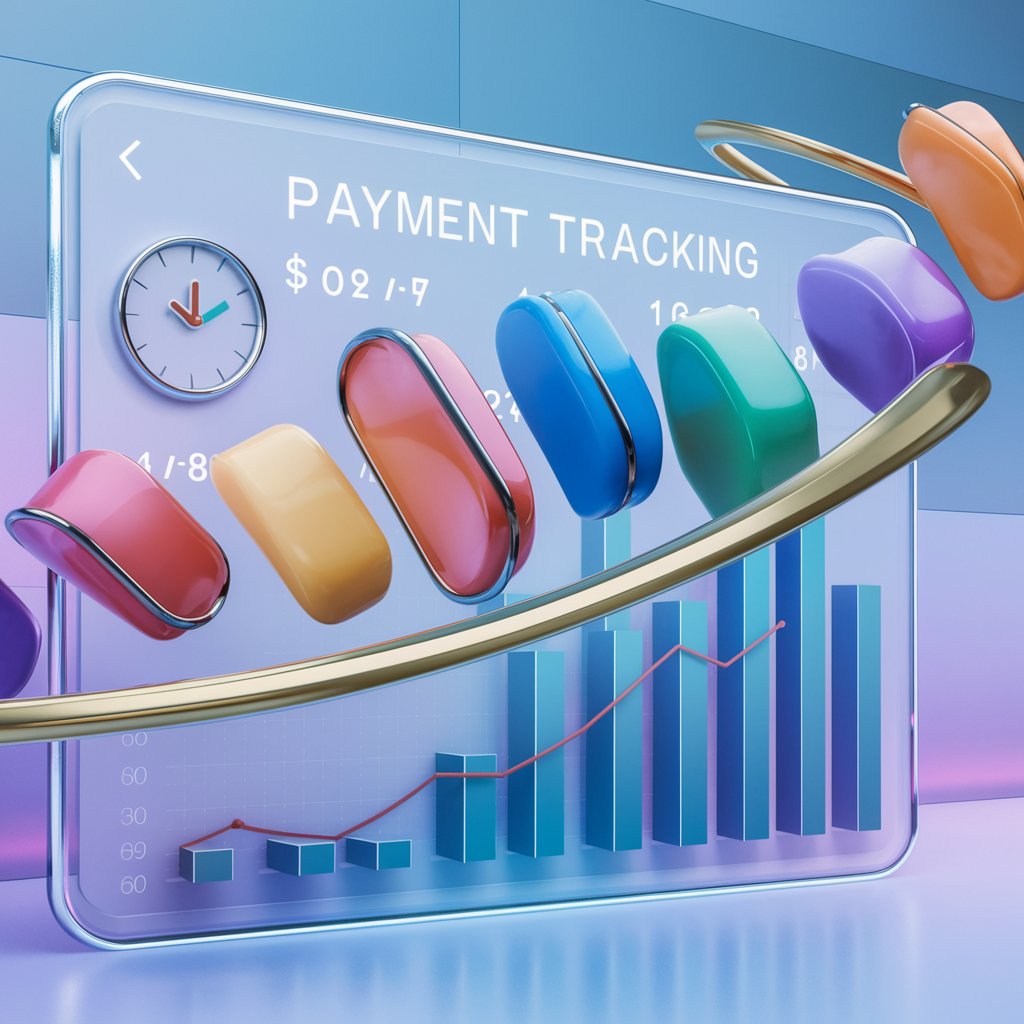Comprehensive Medical Software: Optimize Your Practice & Enhance Patient Care
In today’s fast-evolving healthcare landscape, medical software plays a pivotal role in ensuring efficient practice management and delivering high-quality patient care. Whether you’re running a small clinic or a large hospital, investing in the right medical software solution can streamline operations, improve data security, and ensure compliance with healthcare regulations.
What Is Medical Software and Why Does Your Practice Need It?
Medical software refers to digital tools designed to assist healthcare professionals with clinical tasks, patient records management, scheduling, billing, and more. By adopting advanced medical software, you can automate routine processes, minimize errors, and improve both patient and administrative outcomes.

Key Features to Look for in Medical Software:
Electronic Health Records (EHR) Integration:
Efficient Electronic Health Records (EHR) integration is a cornerstone of modern medical software. By seamlessly connecting with existing EHR systems, healthcare providers can easily manage patient information, including medical history, treatment plans, and test results, in a secure digital format. This feature ensures quick access to accurate patient data, reducing errors and improving the quality of care. EHR integration supports better communication between different departments, enhances workflow efficiency, and ensures compliance with regulatory requirements.

EHR software (Electronic Health Records) has become an essential tool for healthcare providers, allowing them to maintain comprehensive digital records of patient medical histories. Unlike paper records, EHR systems are more accessible, secure, and less prone to errors. With EHR software, clinicians can access patient data anytime, anywhere, ensuring continuity of care and better decision-making.
One of the standout features of EHR software is its ability to streamline the documentation process. Healthcare providers can record patient visits, treatment plans, and outcomes electronically, reducing paperwork and freeing up time for more critical tasks. EHR systems also enable healthcare professionals to track patient progress over time, making it easier to identify trends and manage chronic conditions.
HIPAA-compliant software is particularly crucial when dealing with EHRs, ensuring that patient data is securely managed and shared according to regulatory standards. This level of security helps protect sensitive information and maintain patient trust in the healthcare system.
Telemedicine Capabilities:

The rise of telemedicine capabilities in medical software has revolutionized healthcare by enabling remote consultations. This feature allows doctors to connect with patients via video conferencing, reducing the need for in-person visits while providing timely medical advice. Telemedicine enhances patient convenience, increases access to care for those in remote areas, and improves healthcare outcomes through consistent follow-up and monitoring. Integrated telemedicine tools ensure data security and are compliant with healthcare regulations like HIPAA.
Telemedicine Software: Expanding Access to Care:
The rise of telemedicine software has revolutionized how healthcare services are delivered. Telemedicine allows patients to connect with healthcare providers remotely, whether through video consultations, phone calls, or even messaging platforms. This capability is especially important for individuals in remote or underserved areas, offering them greater access to quality healthcare without needing to travel.
Telemedicine software is not only convenient for patients, but it also improves the efficiency of healthcare providers by enabling them to consult with more patients throughout the day. Integrated with patient management software, telemedicine solutions allow providers to review medical histories, update records, and prescribe medications—all during a virtual consultation. This ensures continuity of care and reduces the administrative load on medical staff.
Patient Scheduling and Billing Management:
Patient scheduling and billing management are essential features of medical software that streamline administrative tasks in healthcare facilities. This functionality allows healthcare providers to automate appointment bookings, send reminders, and manage patient billing seamlessly. It reduces no-shows by sending automated notifications and makes billing processes more efficient by handling claims, invoices, and payments digitally. Integration with insurance systems ensures accurate billing, while analytics tools provide insights into revenue cycles and financial performance.

Medical billing software is essential for healthcare providers looking to streamline their billing processes and improve revenue cycle management. This software automates the entire billing process, from generating invoices to processing payments and submitting insurance claims. By reducing manual billing tasks, healthcare providers can minimize errors, speed up reimbursement times, and ensure that they get paid for the services they provide.
Medical billing software integrates with other systems like EHR software and patient management software, ensuring that billing data is accurate and up-to-date. It also helps healthcare providers stay compliant with billing regulations, reducing the risk of audits or financial penalties.
Patient Management Software for Improved Care Coordination
Patient management software is designed to help healthcare providers keep track of patient interactions, treatments, and outcomes. This software offers a centralized system where patient data can be accessed, updated, and shared securely among authorized healthcare professionals. From scheduling appointments to tracking medical histories, patient management software ensures a seamless experience for both providers and patients.
An essential feature of patient management software is its ability to automate appointment reminders and follow-up notifications, reducing the rate of missed appointments and improving overall patient engagement. It also integrates with other healthcare management tools like EHR software and medical billing software to ensure all aspects of patient care are covered.
Data Security and HIPAA Compliance:

Ensuring data security and HIPAA compliance is a top priority for medical software. This feature protects sensitive patient information through encryption, secure access controls, and regular data backups. Compliance with HIPAA and other healthcare regulations ensures that patient data is handled securely and confidentially. With multi-factor authentication, audit trails, and role-based access controls, healthcare providers can reduce the risk of data breaches and maintain trust with patients.
In today’s digital world, HIPAA-compliant software is a must for any healthcare provider handling sensitive patient information. The Health Insurance Portability and Accountability Act (HIPAA) sets the standard for how patient data should be protected, requiring healthcare providers to implement secure systems that protect against unauthorized access and data breaches.
HIPAA-compliant software ensures that all electronic records, communications, and transactions are encrypted and protected from potential cyber threats. This software provides access control features, such as multi-factor authentication and audit trails, so healthcare providers can track who accesses patient data and ensure compliance with privacy regulations. By investing in HIPAA-compliant solutions, healthcare providers can protect their patients’ privacy and avoid hefty penalties associated with data breaches.
Custom Reporting and Analytics:
Custom reporting and analytics features in medical software empower healthcare providers with actionable insights into patient care, operational efficiency, and financial performance. These tools enable users to generate custom reports on key metrics such as patient outcomes, appointment schedules, billing efficiency, and overall practice performance. Advanced analytics help identify trends, improve decision-making, and optimize both clinical and administrative workflows, leading to enhanced productivity and better patient care.

User-Friendly Interface for Staff and Patients:

A user-friendly interface is critical for both healthcare staff and patients when using medical software. The interface should be intuitive and easy to navigate, allowing staff to quickly access patient records, schedule appointments, and manage billing without extensive training. For patients, the software provides an accessible portal for viewing medical records, scheduling appointments, and communicating with healthcare providers. A well-designed interface reduces errors, improves productivity, and enhances the overall user experience.
Healthcare Management Software: A Comprehensive Solution:
Healthcare management software is designed to integrate and streamline various aspects of healthcare operations, including patient scheduling, billing, medical records management, and compliance with regulations like HIPAA. By using advanced healthcare management tools, healthcare providers can focus more on patient care and less on administrative tasks. This software solution provides a unified platform where clinicians, administrators, and support staff can collaborate effectively.
One of the primary benefits of healthcare management software is its ability to centralize all critical healthcare functions. This reduces the need for multiple, disconnected systems, saving time and eliminating the risk of errors due to miscommunication. By automating workflows such as appointment scheduling and inventory management, healthcare providers can improve operational efficiency and reduce costs.
Healthcare Automation Tools for Streamlined Workflows:
Automation is reshaping how healthcare providers handle day-to-day operations. Healthcare automation tools offer solutions for automating repetitive tasks, such as scheduling, billing, and inventory management, freeing up time for healthcare professionals to focus on patient care. By reducing human error and increasing efficiency, these tools help streamline workflows and enhance the overall performance of healthcare facilities.
For instance, an automated billing system can handle invoicing, insurance claims, and payment processing without manual intervention. This speeds up payment cycles and reduces administrative burdens. Similarly, automated appointment scheduling systems can send reminders and manage patient check-ins, reducing the rate of missed appointments.
Cloud-Based Medical Software: The Future of Healthcare
The rise of cloud-based medical software has opened new possibilities for healthcare providers, offering scalable, secure, and accessible solutions. With cloud-based software, healthcare providers can access patient data and other essential systems from any location, improving flexibility and collaboration between different departments and facilities.
Cloud-based medical software also provides enhanced security features, such as encrypted data storage and automated backups, ensuring that sensitive patient information is protected. This software model is particularly beneficial for small and mid-sized practices that want to reduce IT costs, as cloud-based solutions typically require less maintenance and upfront investment.
Medical Practice Software for Optimized Clinic Operations:
Medical practice software is tailored specifically for small to medium-sized clinics and practices. It focuses on simplifying day-to-day tasks, such as patient check-ins, appointment reminders, and billing. By automating these routine tasks, medical practice software helps clinics reduce administrative burdens and enhance the patient experience.
How Medical Software Enhances Patient Care:
Implementing medical software solutions improves patient care by offering secure access to patient records, enabling virtual consultations, and streamlining prescription management. These tools also ensure timely follow-ups and minimize the risk of human error in data entry.
Boost Practice Efficiency with Medical Software
Medical software automates repetitive tasks like appointment scheduling, billing, and inventory management. This increases efficiency, reduces the time spent on administrative duties, and allows healthcare professionals to focus more on patient care.
Choosing the Right Medical Software for Your Healthcare Practice
Selecting the best medical software depends on your practice’s needs. Consider factors like scalability, ease of integration with existing systems, and the level of customer support offered by the vendor. Researching reviews and comparing features can also help make an informed decision.
Why Security and Compliance Matter in Medical Software
Data security is a critical concern for healthcare providers. Ensure that the software complies with local and international regulations such as HIPAA to safeguard sensitive patient information.
In today’s healthcare landscape, adopting the right medical software can drastically improve efficiency, patient care, and data security. Whether you’re looking for EHR software, telemedicine software, or medical billing software, integrating these solutions into your practice will help you stay competitive, compliant, and prepared for the future of healthcare. By leveraging the power of cloud-based medical software and healthcare automation tools, providers can optimize their operations and focus on what matters most: delivering high-quality patient care.

